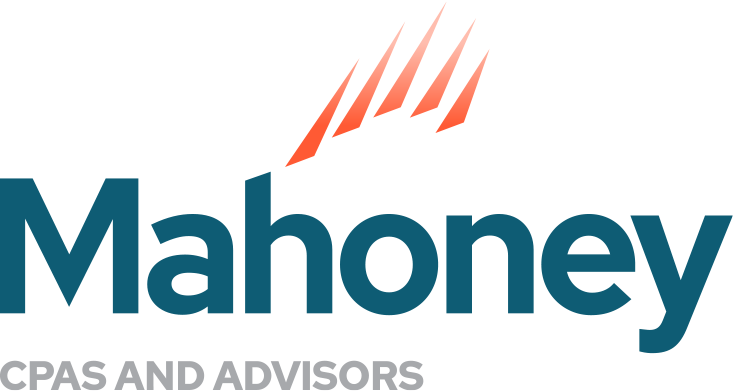
2022 Schedules K-2 and K-3 Domestic Filing Exception
Background
Partnerships and S Corporations with relevant international tax items were required to start filing Schedules K-2 and K-3 for tax years beginning in 2021. Initially, practitioners did not anticipate these additional forms to impact many of their domestic clients because of the international tax relevance language used in the draft instructions by the Internal Revenue Service (IRS). Then, in January 2022, the IRS released updated instructions which provided clarification and exceptions to the Schedules K-2 and K-3 reporting requirements. These updated instructions indicated that the Schedule K-2 and K-3 filing requirement would apply to significantly more taxpayers than initially thought by practitioners.
Due to the compliance challenges that some taxpayers faced, the IRS released Notice 2021-39 which provided transition relief with respect to filing Schedules K-2 and K-3. Relief was available if the Partnership or S Corporation made a good-faith effort to comply with the new reporting requirements. Failure to file complete and accurate forms with the tax return would possibly trigger various penalties.
2022 Schedules K-2 and K-3 Domestic Filing Exception
On December 2, 2022, the IRS released the 2022 Partnership (Form 1065) updated draft instructions for Schedules K-2 (Partners’ Distributive Share Items-International) and K-3 (Partner’s Share of Income, Deductions, Credits, etc.-International). There were many changes to the Partnership Schedules K-2 and K-3 and instructions for tax year 2022, but the most notable change concerned the domestic filing exception for completing these Schedules.
The Schedules K-2 and K-3 domestic filing exception for tax year 2022 is much different from the tax year 2021 filing exception as the IRS has attempted to address practitioner and taxpayer requests for expanded relief and clarity. Any Partnership required to file Form 1065 must complete the relevant parts of Schedules K-2 and K-3 if the partnership does not qualify for the domestic filing exception. The domestic filing exception is available to the partnership if each of the following four criteria are met:
- No or limited foreign activity
- S. citizen/resident alien partners
- Partner notification
- No 2022 Schedule K-3 requests by the one-month date
If the domestic filing exception is met and the partnership subsequently receives a request for Schedule K-3, then the partnership is required to issue Schedule K-3 information to the requesting partner. A completed Schedule K-3 must be provided to the requesting partner by the later of the date on which the Partnership files the Form 1065 or one month from the date the request was provided to the partnership. If the domestic filing exception is not met, the partnership may meet the Form 1116 Exemption to filing Schedules K-2 and K-3.
On December 5, 2022, the IRS released the 2022 S Corporation (Form 1120-S) updated draft instructions for Schedules K-2 (Shareholders’ Pro Rata Share Items-International) and K-3 (Shareholder’s Share of Income, Deductions, Credits, etc.-International). An S Corporation is required to complete the relevant parts of Schedules K-2 and K-3 if the S Corporation does not qualify for the domestic filing exception. The domestic filing exception is available to the S Corporation if each of the following three criteria are met:
- No or limited foreign activity
- Shareholder notification
- No 2022 Schedule K-3 requests by the one-month date
A completed Schedule K-3 is required to be provided to a Shareholder, if requested, similar to the requirements described above for Partnerships, even if the domestic filing exception is met. If the domestic filing exception is not met, the S Corporation may meet the Form 1116 Exemption to filing Schedules K-2 and K-3.
There are many stipulations with respect to filing Schedules K-2 and K-3 and their filing exceptions. If you have any questions regarding Schedules K-2 and K-3, please reach out to Kyle Krenske at Mahoney.
Additional reading: Reporting Partnership Schedule K-1
ADDRESS
10 River Park Plaza, Suite 800
Saint Paul, MN 55107
(651) 227.6695
Fax: (651) 227.9796
info@mahoneycpa.com
© 2024 Mahoney | Privacy Policy
Mahoney Ulbrich Christiansen & Russ, PA



